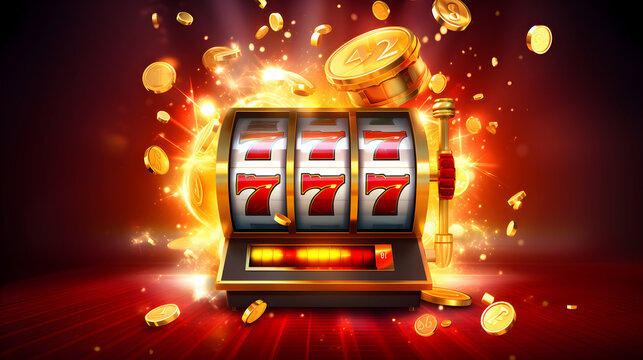
Online slots have exploded in popularity thanks to their flashy visuals, engaging gameplay, and the chance to win real money. But as more players flock to digital casinos, a common question continues to surface: Are online slots rigged? It’s a fair concern—after all, when m Slot88 oney is on the line and the outcomes feel random, players want reassurance that the games they’re playing are fair. In this article, we’ll separate myth from fact and explain how online slot outcomes really work.
1. How RNGs Keep Slots Fair
The backbone of every reputable online slot is a Random Number Generator (RNG). This software ensures that each spin is completely random and independent of the last. In simple terms, the RNG continuously cycles through thousands of number combinations every second—even when you’re not playing. When you hit “spin,” the outcome is determined by the number the RNG lands on at that precise moment. Because of this, there’s no pattern to exploit or predict, and legitimate slot games cannot be manipulated by either the player or the operator.
2. Licensed Casinos and Regulation
The key to avoiding rigged games is playing at licensed and regulated online casinos. Regulatory bodies like the UK Gambling Commission, Malta Gaming Authority, and eCOGRA regularly audit online casinos and software providers. These organizations ensure that RNGs are functioning properly, RTP rates are accurately reported, and games are free from tampering. If a casino holds a license from one of these authorities, it’s legally required to maintain fairness and transparency—or risk heavy penalties and revocation of its license.
3. Understanding RTP and House Edge
Some players confuse the concept of RTP (Return to Player) with rigging. For example, if a game has an RTP of 96%, it means that over time, it’s programmed to return $96 for every $100 wagered—but not in a single session. The house still has a small edge, which is how casinos make a profit. This is normal and expected in all forms of gambling. It doesn’t mean the game is unfair or rigged; rather, it’s a statistical average over thousands (or millions) of spins. You can still hit big wins—or experience losing streaks—based purely on luck.
4. Beware of Unlicensed or Shady Platforms
While most online slots at licensed casinos are fair, there are black market or rogue sites that don’t follow proper regulations. These platforms may offer pirated versions of games with altered RTP or broken RNG systems. That’s where rigging becomes a real concern. If you’re ever unsure about a casino’s legitimacy, check its license, read player reviews, and look for third-party certifications. Avoiding unknown or suspicious platforms is one of the best ways to protect yourself from dishonest practices.
5. Transparency Tools for Players
Many modern online casinos now provide transparency tools such as detailed game histories, spin logs, and RTP statistics. Some slots even allow you to view past wins or how the bonus rounds were triggered, further proving that outcomes are not manipulated. Reputable providers also allow players to set deposit limits, take breaks, or self-exclude to promote responsible gaming. All of these features are signs that the platform takes fairness seriously and prioritizes player trust.
Conclusion: Trust the Tech, But Choose Wisely
So, are online slots rigged? Not if you’re playing on a licensed, regulated platform using software from trusted developers. RNGs, fair RTP percentages, and regular audits make modern online slots incredibly secure and unbiased. That said, your choice of casino matters. Always do your research, stick with reputable sites, and understand that while luck drives the game, fairness is enforced by the technology and rules behind the scenes. When you know the truth behind the reels, you can spin with confidence.